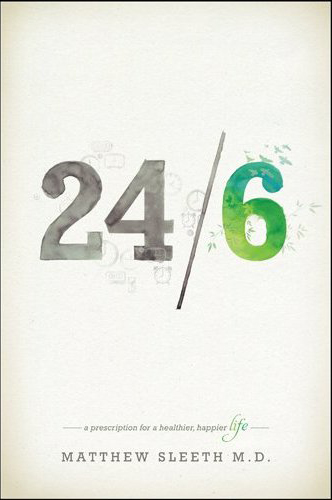It’s the kind of question I might expect at the McDonald’s drive-through, but not from God himself:
What do you want?
According to Scripture, however, God is quoted as saying exactly that—once in the Old Testament and in one scene in the New Testament.
When Solomon became king, the Lord appeared to him in a dream and asked him a single question:
“What do you want?”
—1 Kings 3:5
When Jesus met a blind man begging along on the road, he posed the same question, verbatim:
“What do you want?”
—Mark 10:51
It’s intriguing that an omniscient God would ask the question at all—surely he knows the hearts of all people and doesn’t need to ask. And in the blind man’s case, wasn’t the need pretty obvious?
Our deepest longing—that one thing we desire above all else—exposes who we really are. And that kind of soul-nakedness is downright scary.
But perhaps that’s the very reason God wants us to name it, to ask for it. There’s something about saying the request out loud that makes it realer in our hearts. There’s something about forming our desire into words and tasting it on our tongues that brings it to life.
In other words, maybe the request isn’t for God’s sake but for our own.
What about you? If God appeared to you and you could ask him for one thing—just one thing—what would you ask him for? Wisdom? Vision? Healing? Wholeness? Would you ask him to fill a void in your life? Or to restore something that was lost?
What is it that you want more than anything else?
There’s no guarantee God will give you that thing you ask for. But I can promise you this: God delights in hearing your deepest, nakedest requests. For it’s often in that vulnerable space that we get something more than we bargained for: we get God himself.
God, of thy goodness, give me Thyself;
for Thou art enough for me,
and I can ask for nothing less
that can be full honor to Thee.
And if I ask anything that is less,
ever shall I be in want,
for only in Thee have I all.
―Julian of Norwich







